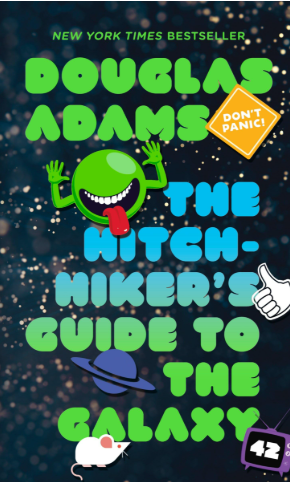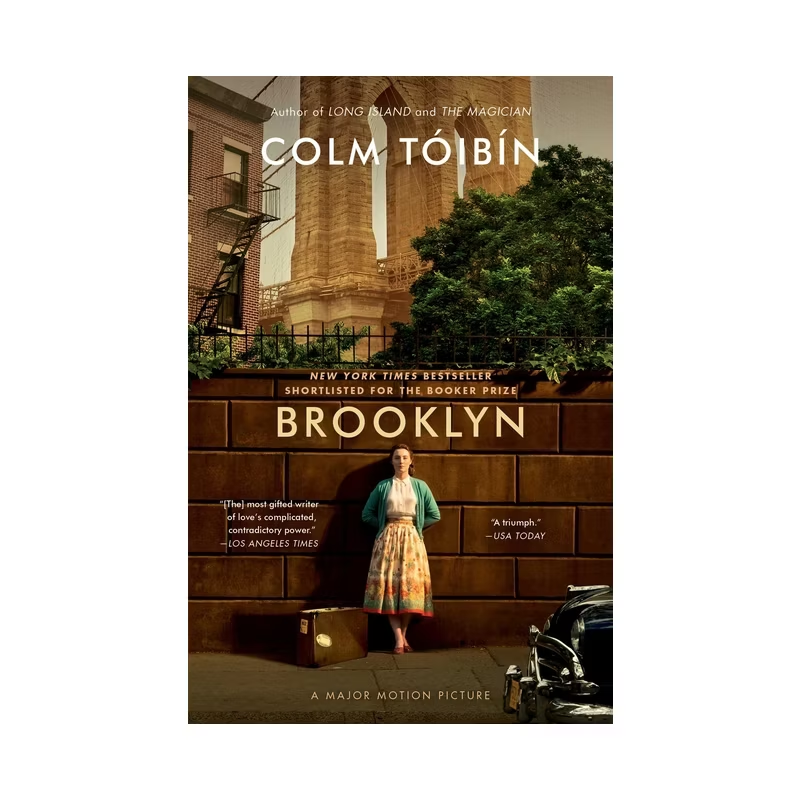Indian Country
By Shobha Rao
One of the best books I've picked up in a while!
This tells the story of an Indian couple who find themselves in rural Montana. They also find themselvestogether. Janavi is a younger sister who acts like an older one -- until her mother dies. She is listless to the point of drowning herself in the Ganges, but holds back until she remembers the promise she made: to take care of her older, meeker sister Rajni. Her decision to live puts her back in the world, and she finds a meaningful path as a worker for an NGO trying to help street children in her city, Varanasi. But that is upended one day when her sister is set to meet her arranged betrothed. Rajni, it turns out, has a beau, one chosen for love. She convinces Sagar, to whom she has been committed since birth, to claim he wants to marry Janavi, who is aghast but unwilling to face the consequences of refusing the proposal. And so she is married.
She must also move. Sagar, a hydraulic engineer, has taken a job in eastern Montana, in part to flee from his brother, who is a living reminder of the biggest mistake he has ever made: pushing him into a swimming hole, where he injured himself and became disabled for life.
At first, things go well -- at least professionally. Janavi is furious at her situation. But Sagar has been obsessed with rivers since a kid, and is excited at being a lead engineer on a project for the first time. His job is to remove a dam on the Cotton River. It's a project that has the support of the local native tribe, but not some of the most powerful men in town. The day that the first drainage notch is cut in the river, tragedy strikes. A co-worker, who has become a close friend, is found dead. Sagar's engineering work is blamed. He is fired and given six weeks to leave the country.
But Sagar knows his numbers, knows that it's not his work that cause the death. And so he and Janavi set out to find answers. In the process, they grow closer together -- while the Rajni's marriage in India falls into abuse.
The book touches on lots of themes, including gender roles, race, and colonialism. It was a great read.


















